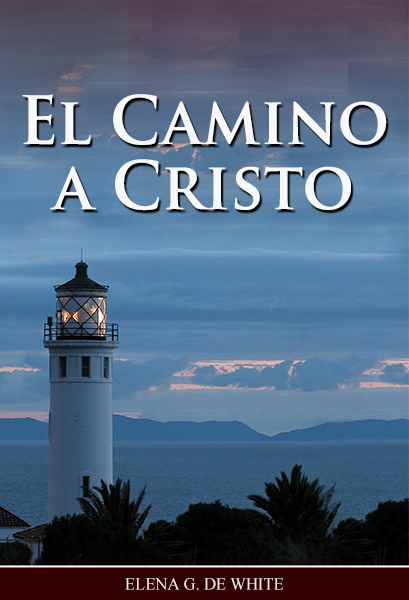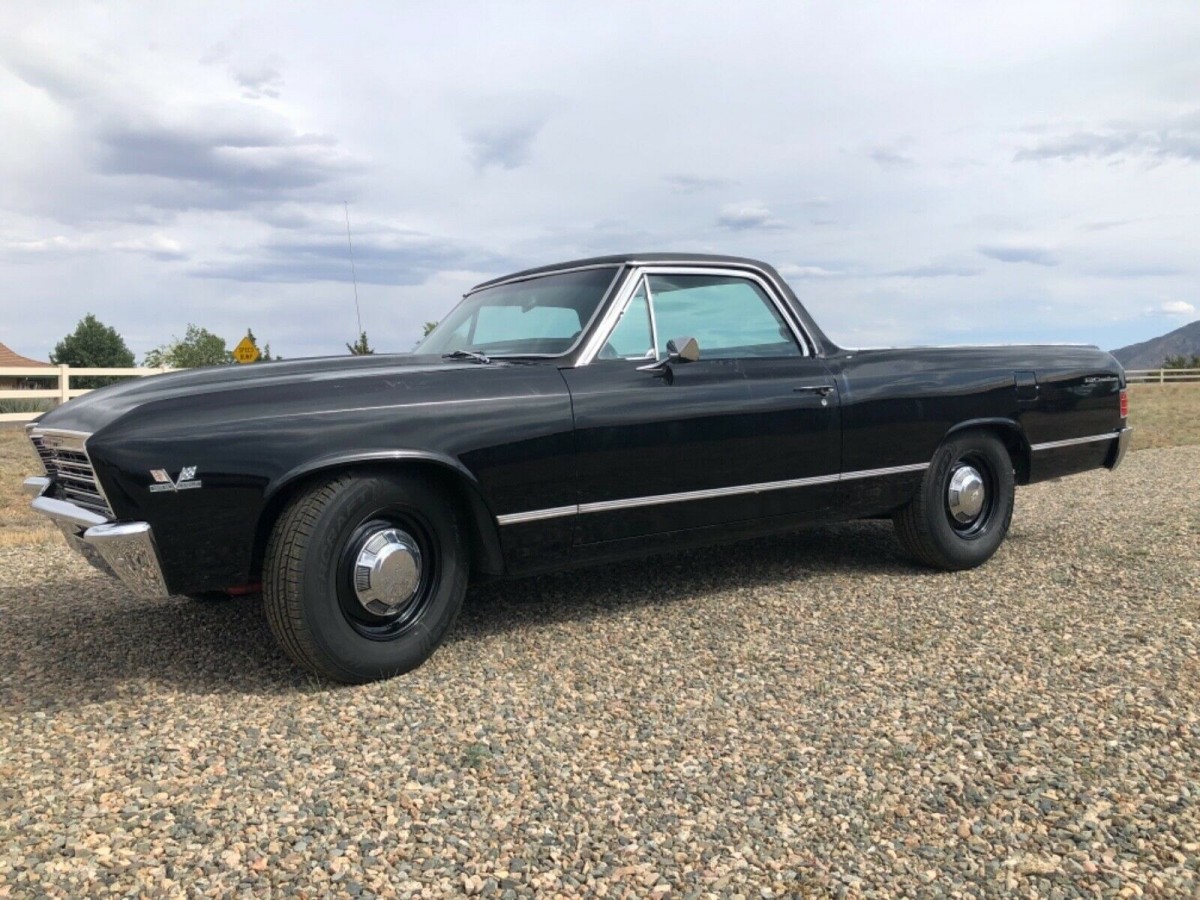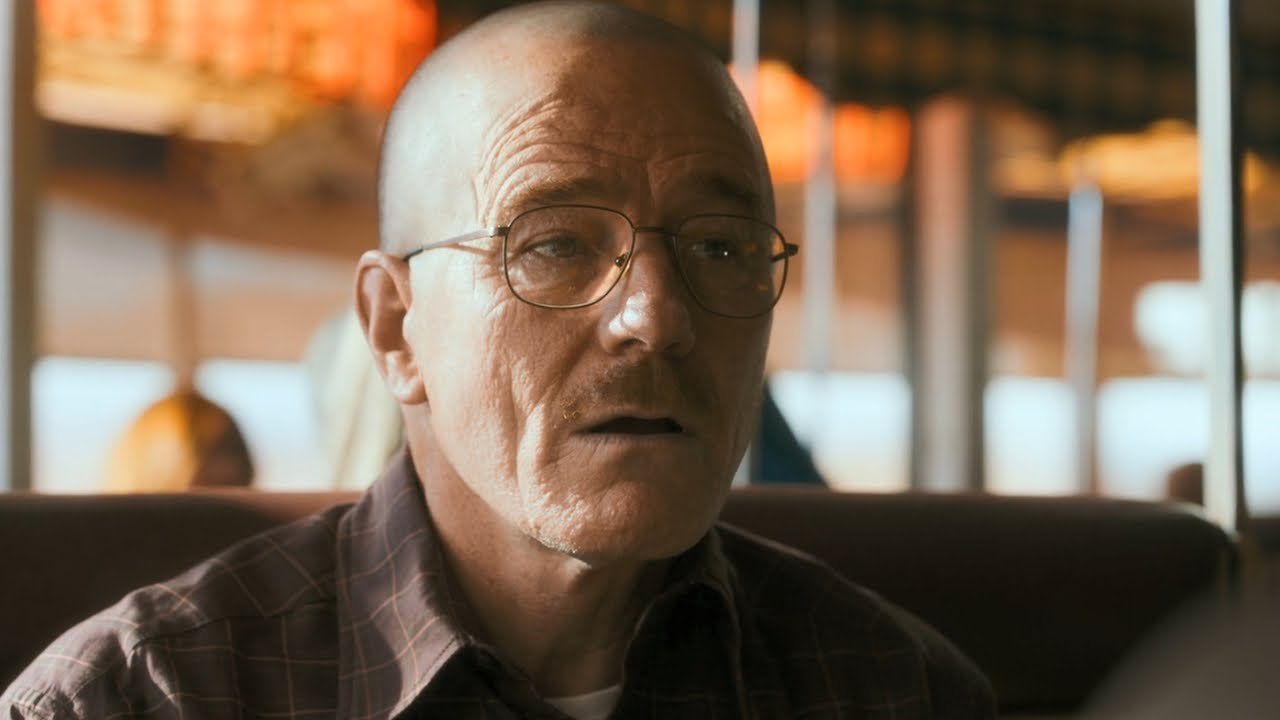

That goes double for Jesse Pinkman, an audience surrogate who served as the tortured conscience of a criminal demimonde populated by milquetoast psychos (Walt, Todd, Gus Fring) and sad, irredeemably compromised men like Saul Goodman (Bob Odenkirk) and Mike Ehrmantraut (Jonathan Banks). Sometimes we remember them with the same wistfulness that colors our memories of friends with whom we’ve lost touch.

There’s a unique potency to the connections we form with the fictional people on TV, which at its best combines the vividness of movies, the intimacy of books and the seriality of comics. Like AMC’s Breaking Bad prequel Better Call Saul, as well as morally flexible saloon owner Al Swearengen’s (Ian McShane) storyline in HBO’s Deadwood: The Movie, it completes the unfinished portrait of a character who remains on viewers’ minds. There’s little of the fan-service inanity that abounded in the Downton Abbey film and none of the sentimental self-indulgence of Transparent’s insufferable musical finale.
White el camino tv#
(Whether or not you make it to the theater, please- please-don’t watch this on your phone.)Īside from a few unnecessary character cameos, most of which you could easily guess but none of which I will spoil here, El Camino avoids the pitfalls of this year’s many feature-length sequels to TV shows.

White el camino movie#
Even if you have a Netflix subscription, this harsh splendor is worth the price of a movie ticket. In place of the show’s deep orange mesas and azure sky, Gilligan offers desiccated, beautifully barren beige vistas, as though this city in the desert has been drained of all possibility for Jesse.
White el camino series#
The big screen does justice to the same detailed sound design and nimble camera work-replete with destabilizing effects such as scenes that open from bizarre vantage points or follow heretofore unknown characters-that made for one of the most cinematic series in the history of television. It’s a true movie, with the taut pacing, satisfying conclusion and grand visual scale that distinction implies. It’s to the credit of Gilligan, who wrote and directed the film, that it feels like a continuation of Breaking Bad without also feeling like merely an extra-long TV episode.
White el camino full#
Yet the movie, which contains as many nail-biting moments as the show used to spread over a full season, gives him something new to be: an action hero-albeit a uniquely conflicted, exhausted and in many ways broken one. (In truth, it should put him in the Oscar conversation, but this is a TV sequel distributed by Netflix that won’t meet the Academy’s eligibility requirements.) Fully re-inhabiting a role he hadn’t played for years, he endows Jesse with the same mix of (waning) goofiness and (escalating) existential terror that propelled him through the finale. Paul earned three Emmys for his supporting role on Breaking Bad, and in El Camino he delivers a mesmerizing lead performance that proves he deserves a spot on Hollywood’s A-list. But first he needs to clean himself up, ditch the El Camino, scrape together enough cash to make a fresh start and say goodbye to the few people he loves whose lives Walt has spared. Jesse-who spent the episodes leading up to the finale in a box, held prisoner by the disconcertingly cheerful Todd (Jesse Plemons) and his gang-has to get out of Albuquerque before law enforcement can track him down.

13 in some theaters, picks up where the series left off. The gripping El Camino: A Breaking Bad Movie, out now on Netflix and showing through Sunday, Oct. Six years later, Breaking Bad creator Vince Gilligan is back with the results. Surviving much longer, however, would be a test of his intelligence, resourcefulness and-most of all-his determination to live a better life. As Paul explained to TIME in a recent interview, “You’d like to think he’s riding off into the sunset, but you know life isn’t going to be that easy for him.” Sure, he made it out of five seasons alive. So it seemed somewhat appropriate that Jesse’s fate remained unsettled. Like Dorian Gray’s portrait, his face registered the blackening of Walt’s soul. Unlike Walt’s inevitable death, Jesse’s ending was morally ambiguous: manipulated by a man who’d come to represent evil incarnate but still personally implicated in horrific violence, Jesse had also suffered terribly for his transgressions.


 0 kommentar(er)
0 kommentar(er)
